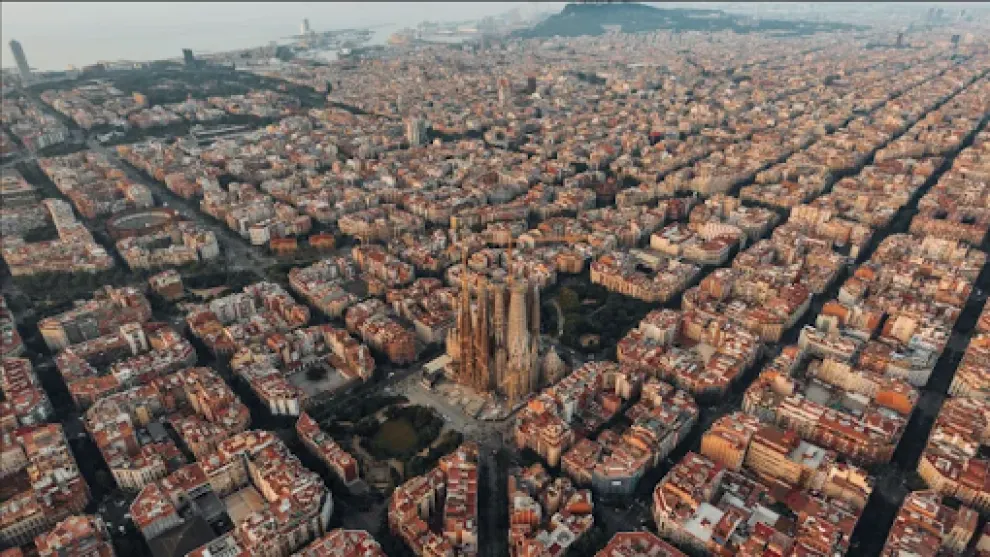
Can denser cities curb climate change?
Urban areas cover less than 1 percent of global land surfaces, yet are responsible for more than 70% of global CO2 emissions. This means cities have a central role in finding solutions and mitigation strategies for the global climate change problem.
One way to reduce the environmental impact of cities is to make them denser. Denser cities are more energy-efficient, as they require less infrastructure and transportation. They also produce less pollution, as people walk and bike more and drive less.
There are a number of ways to make cities denser. One way is to build up, rather than out. This can be done by building taller buildings and using vertical space more efficiently. Another way to make cities denser is to infill, or build new development within existing urban areas. This can be done by converting vacant land, demolishing old buildings, or adding new floors to existing buildings.
Making cities denser is not without its challenges. One challenge is that it can be expensive to build in dense areas. Another challenge is that it can be difficult to get people to move to denser areas, as they may prefer the space and privacy of suburban or rural areas.
Despite the challenges, making cities denser is a critical part of the fight against climate change. Denser cities are more sustainable and can help us reduce our carbon emissions.
Here are some of the benefits of denser cities:
- Reduced energy consumption: Denser cities require less infrastructure, such as roads, water pipes, and power lines. This is because people in denser cities live closer together and can share resources.
- Reduced transportation emissions: People in denser cities walk, bike, and take public transportation more often than people in less dense cities. This reduces transportation emissions, which are a major source of greenhouse gases.
- Reduced pollution: Denser cities produce less pollution, as people walk and bike more and drive less. This is good for the environment and for people's health.
- Increased livability: Denser cities are often more walkable, bikeable, and transit-oriented. This makes them more livable and attractive to residents.
If we want to reduce our carbon emissions and fight climate change, we need to make our cities denser. Denser cities are more sustainable and can help us create a more livable future.
Here are some of the ways we can make cities denser:
- Buildup, rather than out: This can be done by building taller buildings and using vertical space more efficiently.
- Infill: This can be done by converting vacant land, demolishing old buildings, or adding new floors to existing buildings.
- Promote mixed-use development: This means building a mix of residential, commercial, and industrial uses in the same area. This makes it easier for people to walk, bike, and take public transportation to work, school, and other activities.
- Invest in public transportation: This makes it easier for people to get around without a car.
- Make it easier to walk and bike: This can be done by building more sidewalks, bike lanes, and crosswalks.
- Create more parks and green spaces: This makes cities more livable and attractive to residents.
By making our cities denser, we can reduce our carbon emissions and fight climate change. We can also create more livable and sustainable cities for the future.





